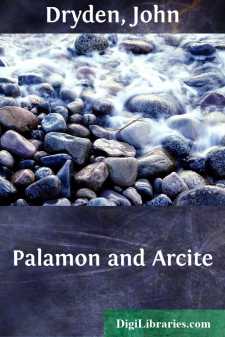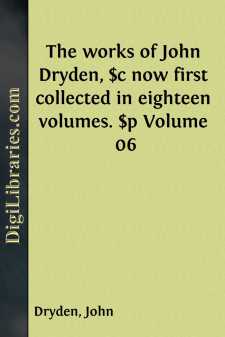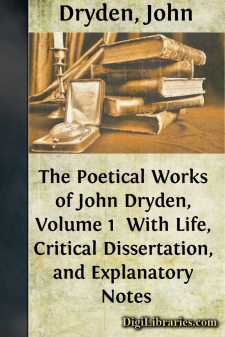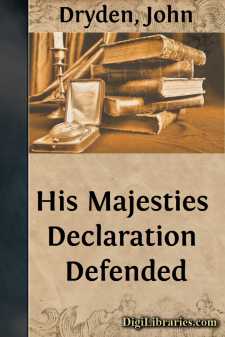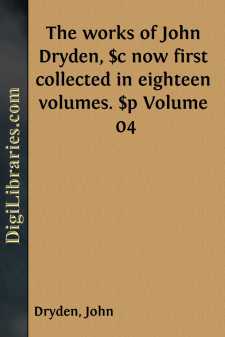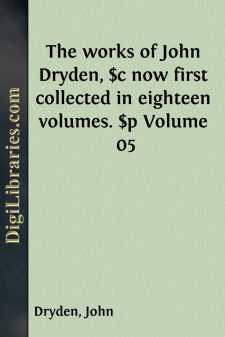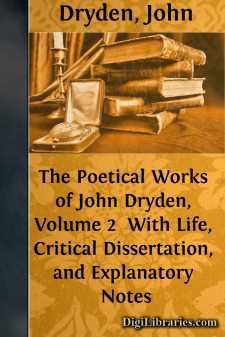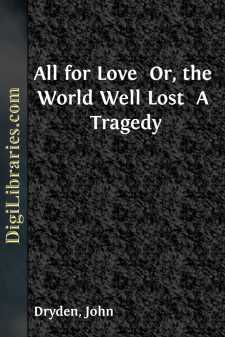Categories
- Antiques & Collectibles 13
- Architecture 36
- Art 48
- Bibles 22
- Biography & Autobiography 816
- Body, Mind & Spirit 145
- Business & Economics 28
- Children's Books 17
- Children's Fiction 14
- Computers 4
- Cooking 94
- Crafts & Hobbies 4
- Drama 346
- Education 58
- Family & Relationships 59
- Fiction 11834
- Foreign Language Study 3
- Games 19
- Gardening 17
- Health & Fitness 34
- History 1378
- House & Home 1
- Humor 147
- Juvenile Fiction 1873
- Juvenile Nonfiction 202
- Language Arts & Disciplines 89
- Law 16
- Literary Collections 686
- Literary Criticism 179
- Mathematics 13
- Medical 41
- Music 40
- Nature 179
- Non-Classifiable 1768
- Performing Arts 7
- Periodicals 1453
- Philosophy 66
- Photography 2
- Poetry 897
- Political Science 203
- Psychology 45
- Reference 154
- Religion 516
- Science 126
- Self-Help 85
- Social Science 82
- Sports & Recreation 34
- Study Aids 3
- Technology & Engineering 59
- Transportation 23
- Travel 463
- True Crime 29
John Dryden
John Dryden was an influential English poet, playwright, and literary critic of the 17th century, often regarded as the leading figure of the Restoration period. His works include notable plays like "All for Love" and poems such as "Absalom and Achitophel," which exemplify his mastery of heroic couplets and satirical wit. As England's first Poet Laureate, Dryden's contributions significantly shaped the English literary canon and the development of literary criticism.
Author's Books:
Sort by:
by:
John Dryden
THE BACKGROUND. The fifty years of Dryden's literary production just fill the last half of the seventeenth century. It was a period bristling with violent political and religious prejudices, provocative of strife that amounted to revolution. Its social life ran the gamut from the severity of the Commonwealth Puritan to the unbridled debauchery of the Restoration Courtier. In literature it...
more...
by:
John Dryden
LIMBERHAM. The extreme indelicacy of this play would, in the present times furnish ample and most just grounds for the unfavourable reception it met with from the public. But in the reign of Charles II. many plays were applauded, in which the painting is, at least, as coarse as that of Dryden. "Bellamira, or the Mistress," a gross translation by Sir Charles Sedley of Terence's...
more...
by:
John Dryden
THE LIFE OF JOHN DRYDEN. John Dryden was born on the 9th of August 1631, at a place variously denominated Aldwincle, or Oldwincle, All Saints; or at Oldwincle, St Peter's, in Northamptonshire. The name Dryden or Driden, is from the North. There are Drydens still in the town of Scotland where we now write; and the poet's ancestors lived in the county of Cumberland. One of them, named John,...
more...
by:
John Dryden
INTRODUCTION Wherever English literature is studied, John Dryden is recognized as the author of some of the greatest political satires in the language. Until recently the fact has been overlooked that before he wrote the first of these satires, Absalom and Achitophel, he had entered the political arena with the prose tract here reproduced. The proof that the Historiographer Royal contributed to the...
more...
by:
John Dryden
THE CONQUEST OF GRANADA. This play,—for the two parts only constitute an entire drama betwixt them,—seems to have been a favourite with Dryden, as well as with the public. In the Essay upon Heroic Plays, as well as in the dedication, the character of Almanzor is dwelt upon with that degree of complacency which an author experiences in analyzing a successful effort of his genius. Unquestionably the...
more...
by:
John Dryden
SCENE.—London. ACT I. SCENE I.—FAILER entering to BURR, who is putting on his buff-coat. Fail. What! not ready yet, man? Burr. You do not consider my voyage from Holland last night. Fail. Pish, a mere ferry; get up, get up: My cousin's maids will come and blanket thee anon; art thou not ashamed to lie a-bed so long? Burr. I may be more ashamed to rise; and so you'll say, dear heart, if...
more...
by:
John Dryden
AMBOYNA. The tragedy of Amboyna, as it was justly termed by the English of the seventeenth century, was of itself too dreadful to be heightened by the mimic horrors of the stage. The reader may be reminded, that by three several treaties in the years 1613, 1615, and 1619, it was agreed betwixt England and Holland, that the English should enjoy one-third of the trade of the spice islands. For this...
more...
by:
John Dryden
DUKE OF GUISE. A TRAGEDY. Ουτως δε φιλοτιμοι φυσεις εν ταις πολιτειαις το αγαν μη φυλαξαμεναι, τωιαγαθου μειζον το κακον εχουσι. Plutarch. in Agesilao.003In the latter part of Charles the Second's reign, the stage, as well as every other engine which could affect the popular mind, was eagerly employed in the...
more...
by:
John Dryden
EPISTLES. EPISTLE I. TO MY HONOURED FRIEND SIR ROBERT HOWARD,[1] ON HIS EXCELLENT POEMS. As there is music uninform'd by art In those wild notes, which, with a merry heart, The birds in unfrequented shades express, Who, better taught at home, yet please us less: So in your verse a native sweetness dwells, Which shames composure, and its art excels. Singing no more can your...
more...
by:
John Dryden
INTRODUCTORY NOTE The age of Elizabeth, memorable for so many reasons in the history of England, was especially brilliant in literature, and, within literature, in the drama. With some falling off in spontaneity, the impulse to great dramatic production lasted till the Long Parliament closed the theaters in 1642; and when they were reopened at the Restoration, in 1660, the stage only too faithfully...
more...


